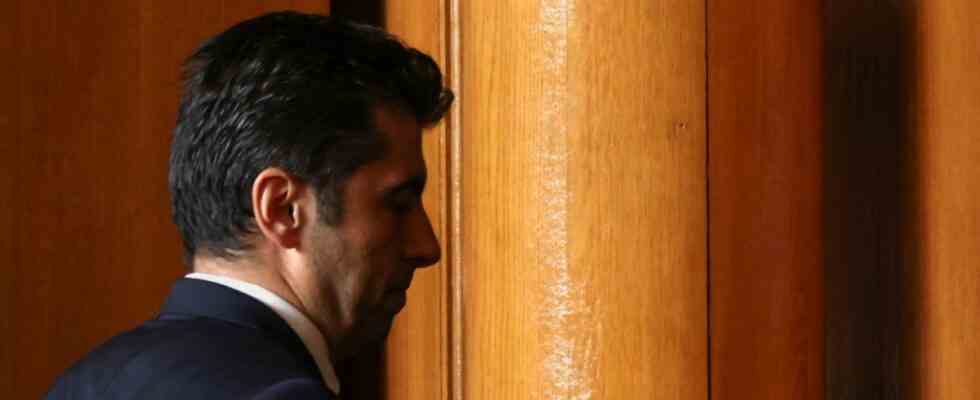The motion of no confidence in the Bulgarian government was announced last week and triggered a large demonstration by supporters of the still relatively new government. This is a rarity in Bulgaria, which is notoriously politically unstable. The reform-oriented coalition of Prime Minister Kiril Petkov, which was finally formed in November after three parliamentary elections and two unsuccessful attempts to form a government in 2021, was itself the result of committed protests by tens of thousands of Bulgarians. They criticized corruption, mafia-like conditions and the former conservative head of government Boyko Borisov.
Nevertheless, his successor Petkow did not make it. After just six months, the opposition voted him out with the help of the party “There is such a people” (ITN), which left the governing coalition just two weeks ago.
For the country, this brings with it the next phase of deep uncertainty. Because there were numerous renegade MPs at ITN who had accused their party leader, the entertainer and populist Slawi Trifonov, of venality and contacts with the Bulgarian mafia, the governing coalition hoped that it could emerge from the vote of no confidence with a narrow majority. So far, Petkov has led a rather difficult four-party coalition, which consisted of his group “We are continuing the change”, another small reform party, the more pro-Russian Social Democrats and ITN.
However, two reasons, which may be trumped up, led ITN to withdraw from the prime minister’s cooperation: His loud musings about whether Bulgaria should give up its veto on North Macedonia’s EU accession. And allegations that his government wanted to cut subsidies for construction companies – a code for distribution struggles in an economy that is considered notoriously corrupt and had come to terms with the previous government and government-related oligarchs.
Borisow’s chance for a comeback
Ultimately, Petkow’s coalition was narrowly defeated on Wednesday evening; it lacked a few votes to survive. Now President Rumen Radev, who had been increasingly critical of Petkov, can commission another party to form a government; There can be a total of three attempts for this qua constitution. Should Petkow fail, the offer to form a government would go to Borisov, party leader of the conservative Gerb, who was voted out in 2021. Its dubious connections to the demimonde, wiretapping and financial scandals triggered the mass protests almost two years ago. The organizers called their demonstrations a “big popular uprising”.
Now Borisow has the chance to make a comeback. If he doesn’t find enough partners for a government and Petkov fails as well, new elections are likely to be held in the fall. After the successful vote of no confidence, Petkov, an economist trained at Harvard, once again commented on the events in parliament. According to the 42-year-old, it was an honor for him to head a government that was overthrown by his political opponents and the Russian ambassador to Bulgaria, Eleonora Mitrofanova. Petkov was referring to Moscow’s massive disinformation campaign in Bulgaria, which has historically close ties to Russia and a Russophile population.
Tensions over the Bulgarian government’s active solidarity with Ukraine, the victim of Russia’s war of aggression, had also overshadowed the political power struggle in Sofia. It’s a long road, Petkov continued, but he promises citizens that one day Bulgaria will be a true European state with no backroom deals and a powerful mafia. After the vote, Petkov and several ministers left Parliament and addressed their supporters. At the same time, their opponents loudly celebrated the fall of the government.
In the morning, a vote in parliament scheduled for Wednesday on a law on the EU’s Corona reconstruction fund could not take place due to political quarrels. Prime Minister Petkov, who was voted out hours later, complained that for this reason alone Bulgaria was in danger of losing more than one and a half billion euros in aid from Brussels.

